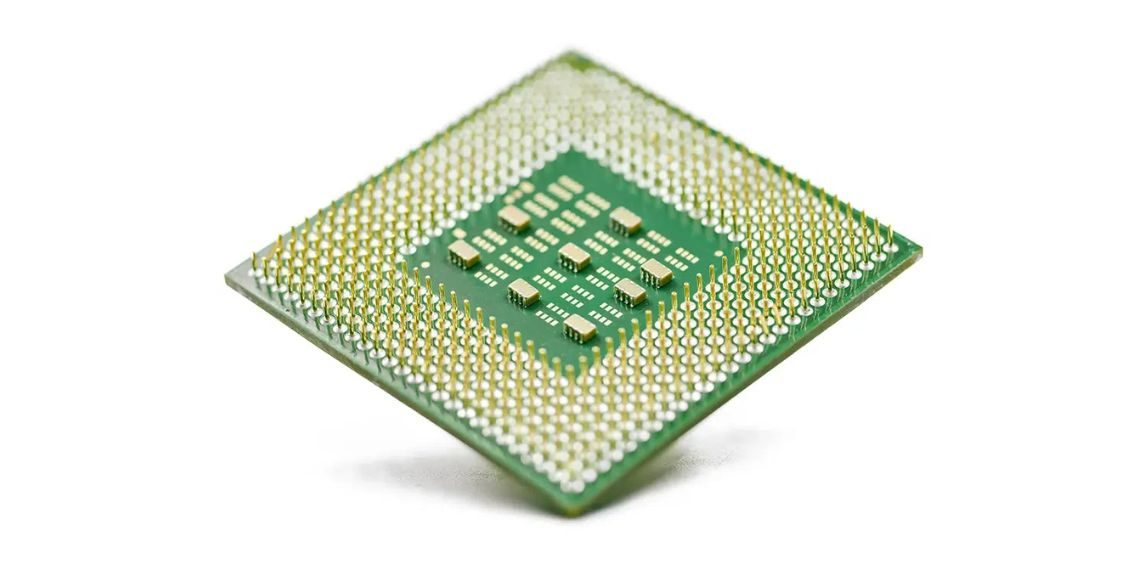The United States has unveiled stringent new rules to limit the export of advanced artificial intelligence (AI) chips, aiming to curtail technological advancements in adversarial nations like China and Russia. These measures are poised to have far-reaching implications for the global tech industry, including significant effects on India’s burgeoning AI ecosystem.
Key Points
US Curbs AI Chip Exports: New rules restrict the computational power of AI chips for most non-allied nations.
National Security Focus: Aims to safeguard advanced technology and prevent misuse by adversaries.
Global Tech Impact: Industry leaders like Nvidia warn of innovation slowdowns and economic disruptions.
China Criticizes Restrictions: Accuses the US of disrupting trade and hindering global technological progress.
EU Concerns: Calls for fair access to AI chips to preserve transatlantic tech collaborations.
India’s Opportunity: Strategic US-India ties may redirect investments, boosting India’s AI and semiconductor sectors.
Challenges Remain: India must enhance infrastructure and talent to capitalize on these shifts.
Details of the US Restrictions
The new export controls primarily target nations considered adversaries, such as China and Russia, while granting exemptions to allies aligned with US security and human rights standards. These rules build on previous measures, aiming to ensure advanced AI technologies remain within trusted jurisdictions.
Objectives of the Restrictions
Prevent misuse of AI for military and surveillance purposes.
Retain control over critical technologies to maintain global leadership.
Gina Raimondo, US Commerce Secretary, described the measures as a balance between safeguarding national interests and supporting allied nations’ technological progress.
Reactions from Global Stakeholders
Industry Concerns
Nvidia, a leader in AI chip production, has strongly opposed the new regulations, highlighting potential unintended consequences:
Disrupted Innovation: Restrictions may hinder global technological advancements.
Shift to Competitors: Policies could drive customers to Chinese firms like Huawei.
Economic Risks: The rules might adversely impact the global economy.
Nvidia’s leadership has warned that such regulatory moves could weaken America’s technological dominance.
China’s Response
China has criticized the US for its unilateral approach, accusing it of disrupting international trade and innovation.
European Union’s Position
The EU has expressed apprehensions, arguing that the restrictions could strain transatlantic technological partnerships.
India: Challenges and Opportunities
India, with its growing focus on AI and semiconductor manufacturing, stands to gain from these shifts.
Potential Advantages for India
Increased Investments: US companies might redirect resources to India.
Strengthened Partnerships: Strategic ties with the US position India as a trusted tech partner.
Supply Chain Stability: Opportunities to play a pivotal role in global semiconductor supply chains.
Challenges for India
To fully capitalize on these changes, India must address:
Infrastructure limitations in semiconductor manufacturing.
The need for a skilled workforce to support advanced AI development.
Policy frameworks to attract foreign investments.
Global Implications of the Export Controls
Shift in AI Supply Chains: Focus will move from adversarial nations to trusted allies.
Accelerated Local Development: Countries like China may increase efforts to develop indigenous AI chips.
Increased Competition: Global players will strive to adapt and innovate in this evolving landscape.
Conclusion
The US’s move to restrict AI chip exports marks a significant shift in the global technology landscape. While it aims to curb adversarial advancements, the ripple effects will reshape innovation, collaboration, and competition across the globe.
For India, these developments present a unique opportunity to strengthen its position in the global tech ecosystem. However, timely action and strategic planning will be critical to fully leverage this momentous shift.
Follow Before You Take on Facebook | Twitter | WhatsApp Channel | Instagram | Telegram | Threads | LinkedIn, For the Latest Technology News & Updates | Latest Electric Vehicles News | Electronics News | Mobiles News | Software Updates











































































































































































